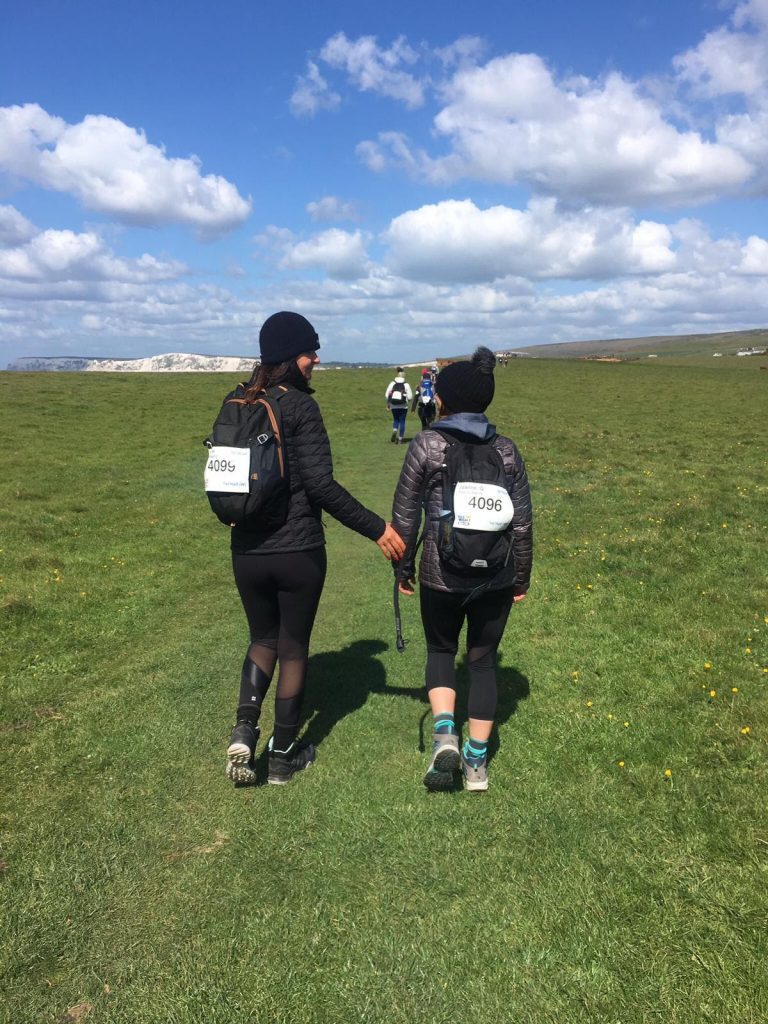FUNDRAISING FOR A CURE
Donating is simple, fast and totally secure. Your details are safe with us and we will never sell them
Physical Activity and Cancer

Many people affected by cancer want to make positive changes to their lives. Being physically active can be a big part of this and make a big impact on how you feel mentally, not to mention help you cope with treatment
Evidence shows that physical activity can benefit people affected by cancer in many ways. Macmillan Cancer Support suggest that being physically active, along with eating a healthy diet, can help reduce the risk of recurrence for some cancer types and increase survival. It also reduces the risk of developing other health problems, such as heart disease, stroke and diabetes.
Being active before, during and after treatment can:
- Reduce fatigue
- Reduce anxiety and depression
- Lower the chance of having physical side effects, such as fatigue, neuropathy, lymphedema and nausea.
- Prevent muscle loss and build strength.
- Improve sleep
- Decrease the amount of time you need to stay in the hospital
- Increase confidence
A growing amount of research shows that regular exercise can greatly improve physical and mental health during every phase of treatment. Even if you were not active before your cancer diagnosis, an exercise program that meets your unique needs can help you get moving safely and successfully.
Always talk with your doctor before you start an exercise program during or after cancer treatment. While exercise is proven to be safe during different types of cancer treatment, your ability to exercise and the types of exercises you can do depends on:
- The type of cancer you have
- The treatment you are receiving
- The side effects that you are experiencing
- Your level of fitness
- Your other health problems
If you were physically active before treatment, you may not be able to follow the same exercise routine as before and it may help to lower the intensity depending on how you are feeling. After treatment, it will take time to return to your pre-cancer fitness level and this should be done gradually.
There are international guidelines for physical activity and cancer. They were developed by the American College of Sports Medicine and are supported by both the National Cancer Institute and the British Association of Sport and Exercise. Their advice is:
- Physical activity is is safe during and after cancer treatment.
- Avoid being inactive.
- Get back to your normal activities as soon as possible after treatment.
- If possible, slowly build up to the recommended physical activity levels. Recommended levels are 150 minutes per week of moderate intensity aerobic activity, 75 minutes of vigorous exercise or a combination of the two.
Subscribe to our Newsletter
Get informed about the latest news straight to your inbox


